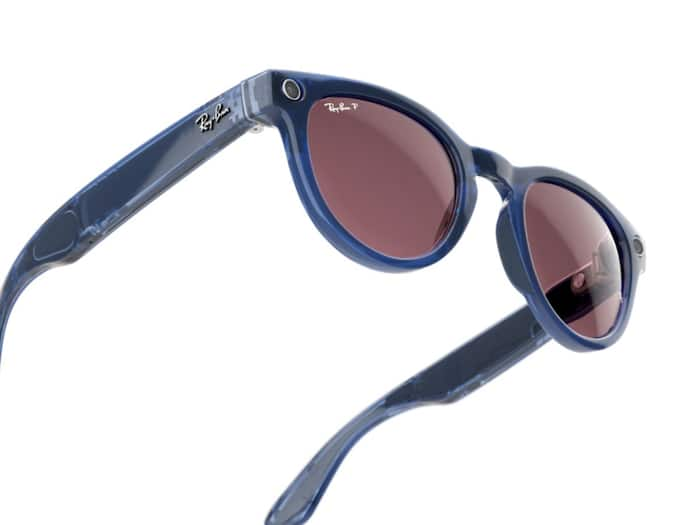
Written By Divya
Published By: Divya | Published: Aug 19, 2025, 10:22 PM (IST)

September seems to be shaping up as an exciting month for all tech lovers. Alongside flagship smartphone launches such as the iPhone 17 lineup and other gadgets, Meta could be preparing to reveal its next-generation smart glasses. These glasses, codenamed Hypernova, are expected to bring a fresh twist by including a small built-in display inside the lens. Also Read: Oakley Meta Vanguard with Meta AI launched in India: Check features, price, availability
Unlike the earlier Ray-Ban smart glasses that focused mostly on style and camera features, Hypernova is being tipped to be a step closer to Meta’s big AR plans. Also Read: Samsung says its next AR glasses will arrive this year: What we know so far
Originally, Meta’s new smart glasses were expected to cost around $1,400. But latest reports suggest the price may start at about $800, nearly half of the earlier estimate. That still makes them pricier than Meta’s Ray-Ban lineup, but it also signals the company is willing to cut margins to bring more people on board. Of course, extras like prescription lenses or style upgrades could push the final cost higher. Also Read: Why Vivo decided not to move ahead with AI smart glasses
The Hypernova glasses are expected to include a small AR display visible only to the wearer. This display could show alerts, mini apps, and notifications — think maps, media, or messages right in front of your eyes. To control all this, Meta is pairing the glasses with its sEMG wristband, which responds to subtle hand movements and gestures. You can also expect touch controls along the frame for navigation.
Analysts believe the Hypernova isn’t Meta’s final vision for AR, but rather a stepping stone toward its more advanced Orion glasses. Still, the success of its Ray-Ban smart glasses shows there’s an appetite for wearables that look like everyday eyewear but pack in extra functionality. The real question is whether consumers will find enough value in paying $800 for smarter glasses, but still limited compared to full AR headsets.